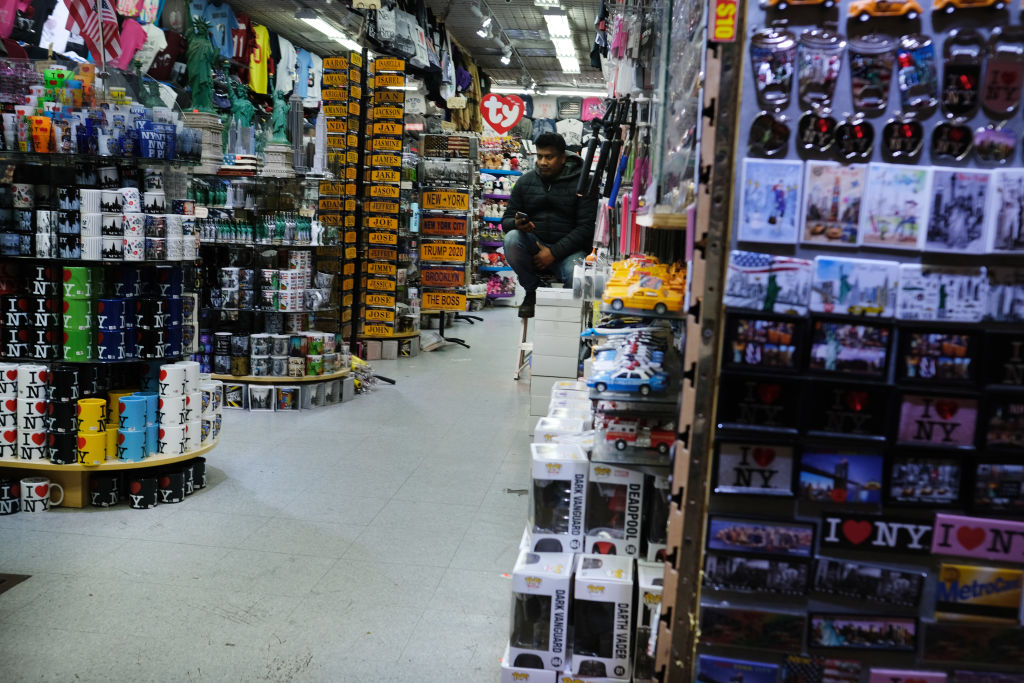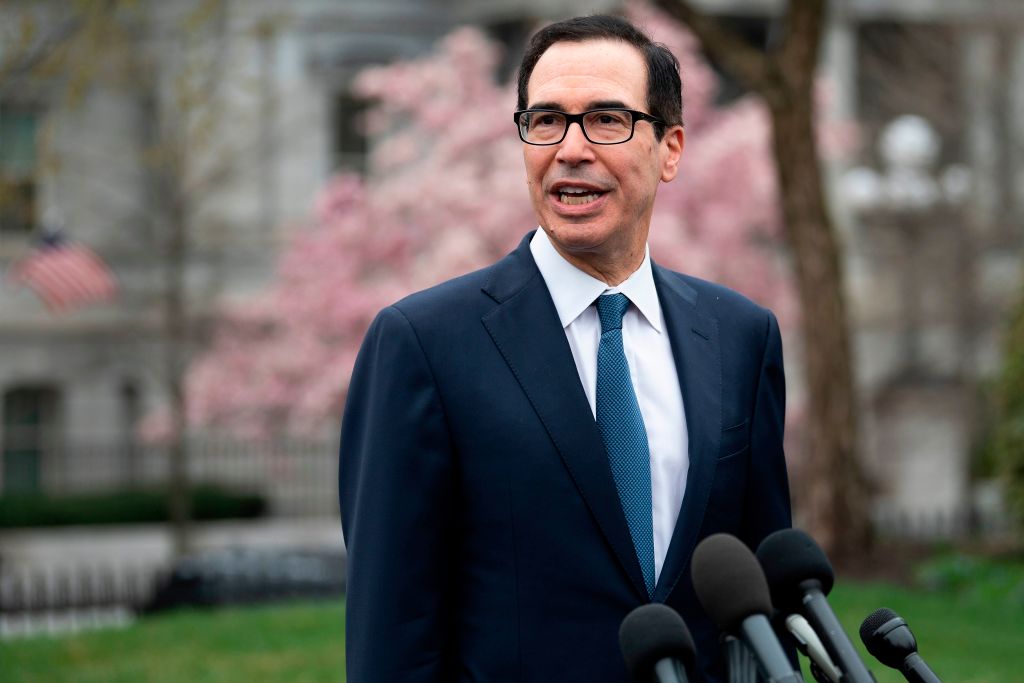
Seeking to further shore up Americas beleaguered small businesses amid the pandemic, President Donald Trump said Saturday he would consider increasing relief funds if they run out.
“I will immediately ask Congress for more money to support small businesses under the #PPPloan if the allocated money runs out,” Trump said in a tweet, referring to the Paycheck Protection Program that is part of the $2.2 trillion relief bill and put in place to help small firms keep workers and pay bills during the pandemic.
It will give businesses low-interest loans of about 2.5 times their average monthly payroll. The loans will be fully or partially forgiven if businesses show that the money was used to retain or rehire employees and pay some overhead expenses through June 30.
“Nearly $350 billion in loans will be available to small businesses including sole proprietors. These loans are up to 100 percent forgivable as long as employers keep paying their workers,” Trump said at an April 2 briefing, a day ahead of the program launch.
“Got to take care of your workers,” Trump added.

 A worker sits in an empty gift shop in New York Citys Chinatown on Feb. 13, 2020. The Department of Small Business Services in New York reported at the time that revenues were already down by 40 percent in Chinatown due to CCP virus concerns. (Spencer Platt/Getty Images)
A worker sits in an empty gift shop in New York Citys Chinatown on Feb. 13, 2020. The Department of Small Business Services in New York reported at the time that revenues were already down by 40 percent in Chinatown due to CCP virus concerns. (Spencer Platt/Getty Images)But the relief scheme got off to a rocky start Friday, as hundreds of thousands tried to apply for desperately needed loans. Many small business owners ran into bureaucratic or technical roadblocks.
Treasury Secretary Steve Mnuchin, who played a pivotal role in shaping the relief package, said in a tweet Friday that over $1.8 billion has already been allocated by the Small Business Administration (SBA) and that big banks, too, were moving ahead with processing funds.
Bank of America alone said 75,000 small businesses had applied for $7 billion in loans.
Once the bank handles the application, it goes to the SBA, which said Friday afternoon that it had approved more than 12,460 loans valued at $3.9 billion. But it was unclear how much if any money had actually been sent to the businesses.

 Treasury Secretary Steven Mnuchin speaks with reporters outside White House in Washington, on March 13, 2020. (Jim Watson/AFP/Getty Images)
Treasury Secretary Steven Mnuchin speaks with reporters outside White House in Washington, on March 13, 2020. (Jim Watson/AFP/Getty Images)Some businesses found their bank wasnt yet prepared to accept applications, and when they tried another bank, they were told that only established customers were being accepted.
“We know there will be challenges in the process,” said SBA Administrator Jovita Carranza at an April 2 briefing. “Our most important objective is to allow small businesses to keep their employees on board, and keep their businesses viable through this unprecedented disruption.”
Time will tell whether disbursement will take place efficiently enough to help businesses stave off collapse.
“This administration believes wholeheartedly that if you are a small business, you are a critical part of the economic fabric of this country and your viability is critical to the economic wellbeing of your employees,” Carranza said.
Other efforts are underway to support Americas small businesses amid the outbreak of the Chinese Communist Party (CCP) virus, commonly known as the novel coronavirus.
The Federal Reserve said on March 23 it would soon announce its “Main Street Business Lending Program,” which it said would complement the SBAs efforts to keep small businesses alive.
Details of the Feds program remain unclear, but Joe Brusuelas, chief economist at RSM, a consultancy focused on middle-market businesses in Chicago,


